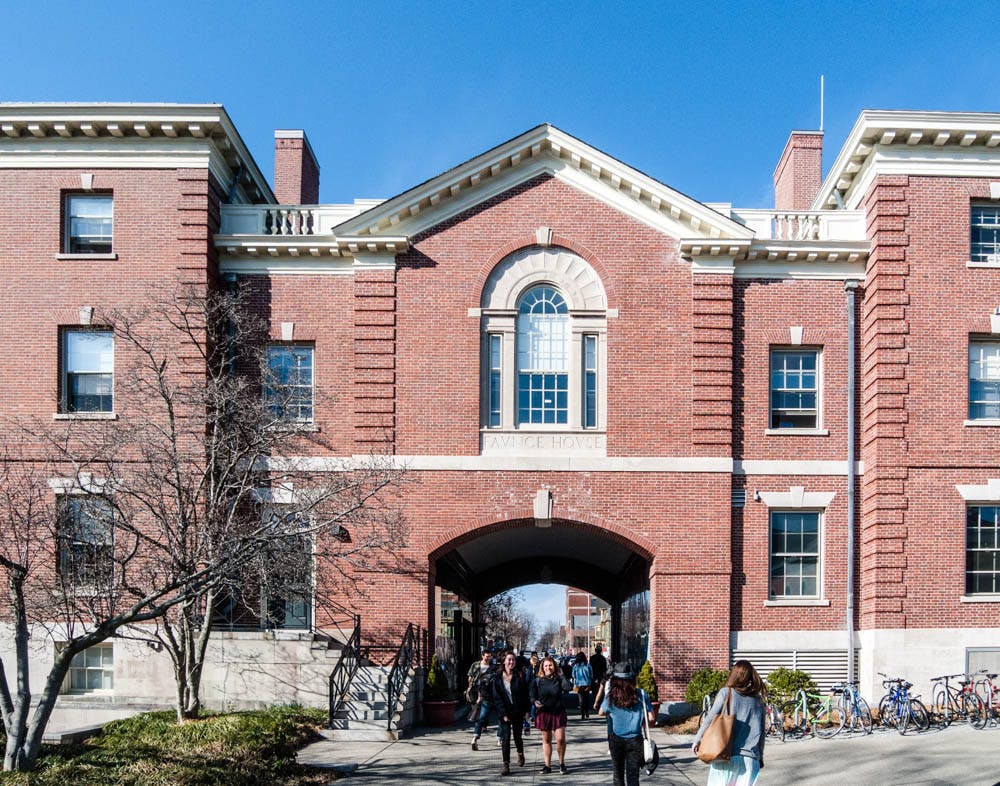AS220, Providence Community Radio and Brown Student and Community Radio acquired the local, Low Power radio station WBRU-FM 101.1 FM last month, after a process of several years. This new development in community radio comes in the wake of the sale of WBRU’s frequency 95.5 last year for $5.63 million.
“We’re technically three different radio stations sharing time on one signal,” said David Dvorchak, the communications director of AS220. BSR, AS220 and PCR jointly applied for a construction permit in 2013. Their joint station was approved last year to begin broadcasting in Jan. 2018, Dvorchak said. Rather than being a large, commercial radio station, Low Power is noncommercial and has a listening radius of 3.5 miles, according to the Federal Communications Commission website.
The effort has been many years in the making; BSR had been involved in an appeals process with the FCC since 2000, said Willem Pickleman ’18, the studio manager of Brown Student and Community Radio. At the same time, PCR was started in the same year by friends who wanted Providence to have its own Low-Power FM radio station, said the organization’s Program Director Frank Mullin.
All three organizations hope to bring to Providence less commercialized and more locally-sourced content. BSR plans to broadcast syndicated, archival and live programming of music, talk shows and podcasts, including at least eight hours daily of radio shows from a pool of around 20 trained student DJs, Pickleman said. “Instead of focusing on one specific area of music or talk radio, we try to do stuff you wouldn’t really find on any big radio station.” With the new FM presence, BSR hopes to reach more of the community beyond just the University, he added.
Meanwhile, PCR hopes to consolidate many different segmented forms of media — including podcasts and music — under a single frequency for the enjoyment of the community, Mullin said.
AS220’s programming is still largely undecided, as the organization plans to act more as a facilitator for community voices, Dvorchak said. He added that the content, however, would align with the organization’s core values of being “unjuried and uncensored.”
Currently, only BSR broadcasts content on-air. But there are plans for AS220, PCR and 360 Degree Experience in Sound — WBRU’s hip hop and R&B program — to eventually have their own days, Pickleman said. The old WBRU has continued to stream its programs on its website, he added.
Last August, WBRU sold its frequency 95.x5 to the syndicated, nationwide Christian radio network K-LOVE as a part of a larger transition for the station, Pickleman said. The move was highly opposed by the University, he added.
At the same time, WBRU was helping the internet-only BSR obtain and finance its own terrestrial radio station. “The station sold the WBRU call signs to BSR for a nominal fee,” Pickleman said.
“BSR actually used to operate WBRU until the station became its own entity separate from the University in 1962,” Pickleman said. “The name is almost coming back to its rightful owner.”





